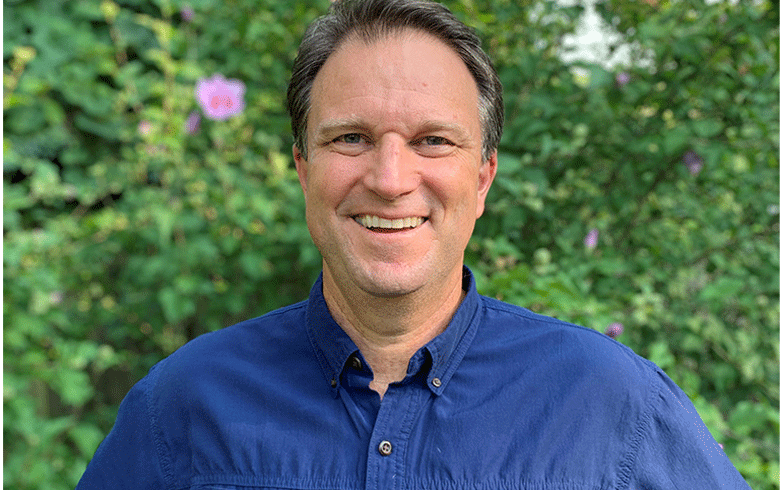I am an alewife guy. I know that sounds strange, but I am not alone.
In fact, there is a community of us out there who have fallen under the spell of those small, silvery, oily fish that are hardy and resilient, and whose fascinating life cycle keeps them coming back from the sea, swimming into Maine rivers and coastal lakes to spawn every year. In fact, alewives are interwoven in the fabric of Maine’s coastal communities.
Back in the spring of 2012 I visited the Damariscotta Mills fish ladder. I saw four pickup trucks lined up in the parking lot. I was told they were lobstermen who were waiting their turn to buy their share of alewives so they could use them as bait in their lobster traps.
I felt privileged to participate in such successful community driven effort which exemplified the power of collective action.
Given that the timing of alewife runs is uncertain, lobstermen often would wait, sometimes for days, until they got what they came for. I was also told that this alewife harvest has been taking place for centuries and that it is managed by Maine’s towns with the purpose of being fair and equitable to lobstermen, whose industry is so vital to Maine’s coastal economy.
I felt such a strong sense of community, with people looking out for each other. This was further reinforced by the collective efforts of the residents of Newcastle and Nobleboro who were working together to restore the alewife run.
That restoration project resulted in 1.2 million adult fish, approximately six times more than prior to the restoration, reaching Damariscotta Lake annually where they will spawn to start another generation. That makes for a much healthier ecosystem and a lot more bait for lobsters.
I felt privileged to participate in such successful community driven effort which exemplified the power of collective action. Little did I know that today, ten years later, I would be leading the Island Institute team which works every day to support communities as they work to help themselves and each other.
While taking all the precautions that are called for in this pandemic, I am visiting as many island and coastal communities I can to learn about their cultures and histories. Every community has faced changes over time, and the mix of modern and historic buildings stands as testament to their efforts to overcome challenges that threaten their wellbeing.
I am impressed with Mainers’ enterprising spirit and work ethic.
On visits to Vinalhaven, Chebeague Island, and Islesboro, the collective impact of communities is clearly visible in one or more homegrown efforts to secure daycare, schools, broadband access, profitable businesses, community centers, and affordable workforce housing.
During a recent visit to Chebeague Island I met two lobstermen who talked to me about their challenges with bait. Today, accessing bait is still a major challenge and cost for a lobster business, as it can rapidly erode hard-earned profits. These lobstermen could get the pogy, a different species from the alewives but just as prolific, into their boats but could not bring it to shore to freeze because the island lacks the infrastructure for the job.
It was clear to me that if the resident fishermen would agree to collaborate and share a new hydraulic lift, the Island Institute could help make that a reality through a loan from our Tom Glenn Community Impact Fund. Such an investment would significantly change their profitability and contribute to greater economic resilience of the island community.
The climate and oceans are changing at an ever-increasing pace, adding to existing challenges and creating new ones. The Island Institute is working to help island and coastal communities overcome these challenges and navigate these changes. I hope the centuries-old alewives harvest will continue, but I recognize that 21st-century solutions are needed to build resiliency. My goal is to scale this organization’s work where we have the greatest impact, and I look forward to learning from our partners in building community from the sea up.
Dr. Anthony “Tony” Chatwin is president of the Island Institute, publisher of The Working Waterfront. He may be reached at tchatwin@islandinstitute.org.





